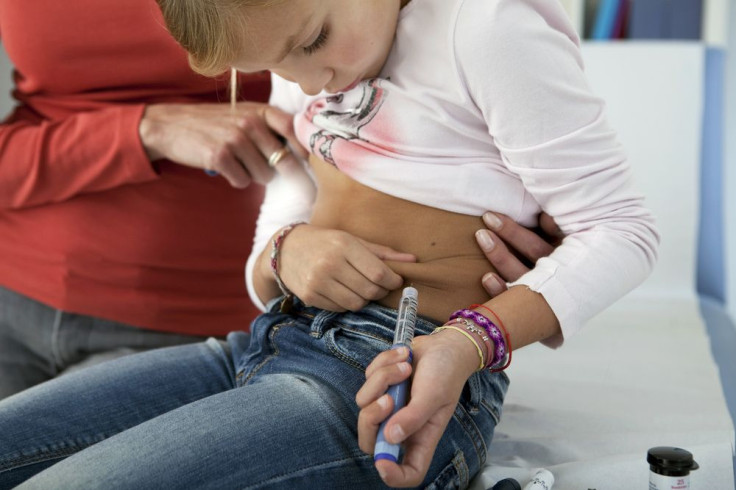COVID-19 Infection Increases Incidence Of Type-1 Diabetes In Children: Study
Researchers had observed an increased incidence of type-1 diabetes cases during the COVID-19 pandemic. Now, a new study has confirmed the link and established a temporal association between the development of type-1 diabetes in children and infection with the SARS-CoV-2 virus.
Type 1 diabetes in children is a condition that occurs when the body does not produce insulin. It is also known as juvenile diabetes or insulin-dependent diabetes. Type-1 diabetes affects more than 1.1 million children and adolescents around the world.
Although there is no cure for type-1 diabetes, early diagnosis helps to keep blood sugar levels under control and improve quality of life. The most common symptoms include increased hunger, thirst, frequent urination, unintended weight loss, and fatigue.
The new study published in Jama Network was the first research that used data, which indicated if the type-1 diagnosed children previously had COVID-19 infection.
The researchers found the likelihood to develop type-1 diabetes increased by 57% in children who had a confirmed COVID-19 infection, compared to those who did not have the infection. They also found type 1 diabetes was mostly diagnosed in the same quarter, or the following quarters, after the COVID-19 diagnosis.
Although further research is required to determine the exact mechanism that causes type-1 diabetes after a COVID infection, researchers believe the virus might have triggered the autoimmune condition or accelerated the already existing disease, which was not diagnosed.
"We are cautious in our interpretation, but the findings suggest that the virus could either promote the initiation of the underlying autoimmunity in type 1 diabetes or accelerate the progression of the disease in children with existing autoimmunity," Ezio Bonifacio, the last author of the study, said.
The researchers said further studies are required to evaluate if vaccination should be considered in children who are at risk for type 1 diabetes.
"Study limitations include the quarterly collection of data, which did not allow the determination of whether type 1 diabetes was diagnosed before or after COVID-19 when they occurred in the same quarter; missing viral confirmation in 70% of the diagnosed children; insufficient numbers of cases to allow subgroup comparisons; and potential confounding or selection biases," the researchers wrote.




























